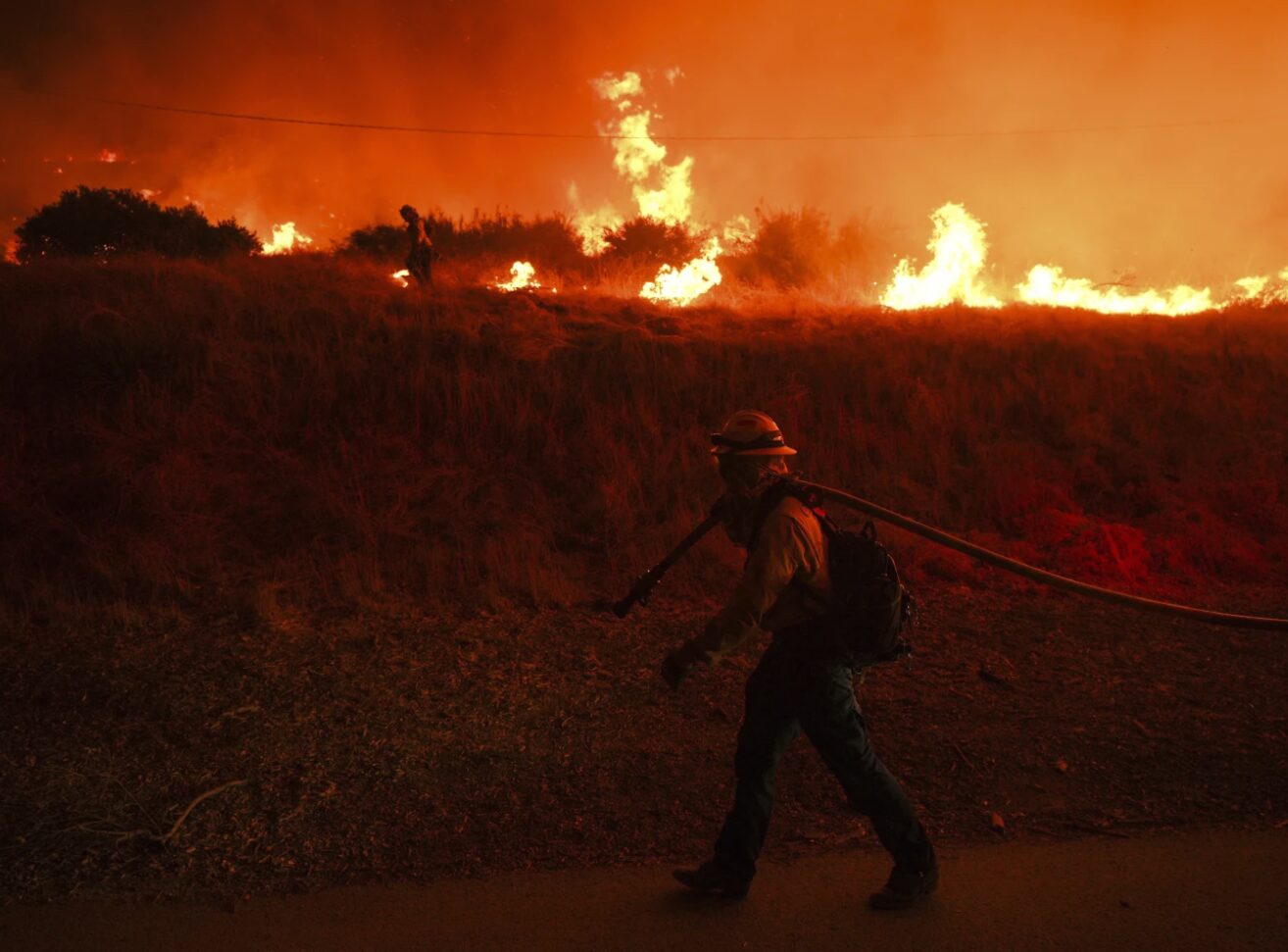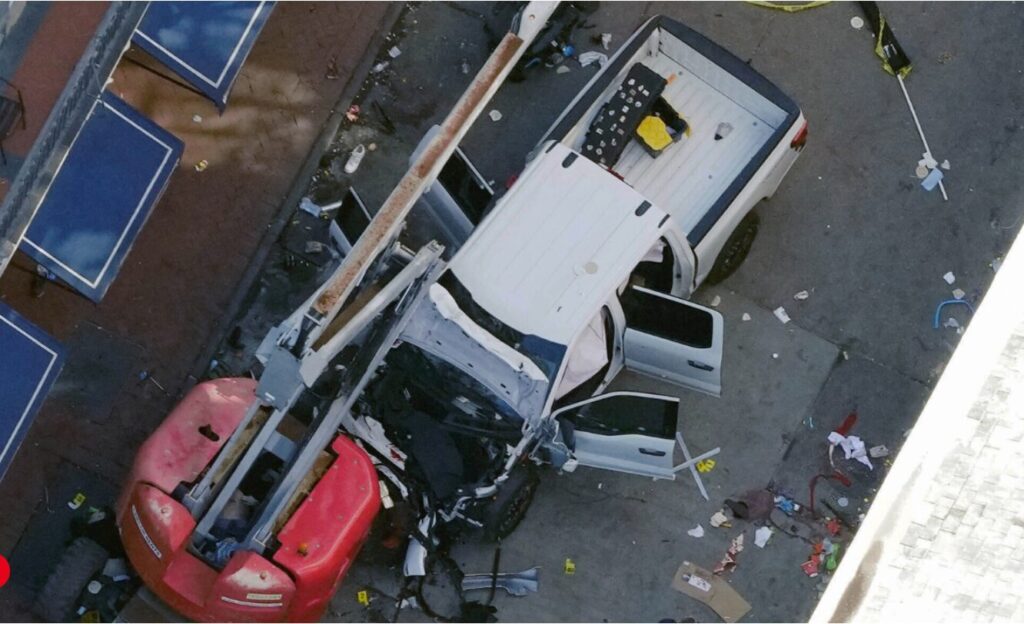
We’ve barely even reached the 30-day mark, and this year is already giving Jumanji. If Six Flags had an emotional rollercoaster, they would probably call it “The 2025”. On day one there was a terrorist attack on Bourbon Street. By day 15, California was in flames, by day 20, the entire Gulf Coast was covered in anywhere from 3 to 8 inches of snow, and just this week we had the first deadly domestic commercial airline crash in decades. It seems we may have reached the point of least expectation, meaning that nothing comes as a surprise anymore. Blizzard on the beach? No big deal. We finally understand what it means to know that the world doesn’t adjust to us, we have to adjust to her. So, what does that look like? How do you prepare for the unexpected? Especially in a world that feels like chaos is lurking behind every corner.
It’s a chaos that’s familiar to some of us, nonetheless. A chaos we cling to in times of nostalgia and a chaos that connects us in times of tragedy.
I expected for this year to be riddled with the overabundance of 20-year anniversary footage from what was known at that time as the deadliest and most costly natural disaster to ever hit the United States, and although Hurricane Katrina is still holding firm in the top five, the competition is getting tighter and tighter every day. It’s still surreal to believe that it’s been 20 years since my family and I had an hour to pack a bag and head west, not knowing we would never return home. And even if we did, the city we knew, the people we knew, the lifestyle we knew, the New Orleans WE knew, would never, EVER, be the same. So I expected this year to feel strange, but I wasn’t ready to be kicked in the face within the first week.
Hearing the stories of the families affected by the recent Westcoast wildfires, hit way too close to home and triggered fears I thought were buried long ago, with new dreams and new intentions, deep in the soil of these southern Houston streets. I remember the panic, I remember the packing (or lack thereof), but of all things, I remember the regret. I remember my mom stuffing all of our photo albums in garbage bags and shoving those garbage bags in oversized Tupperware containers in the hopes that even in the worst-case scenario, they would float if water got in the house. To this day, I admire her proactivity, although nothing could have readied us for over a month of stagnant moisture, resulting in the active growth of mold and mildew that overpowered any efforts of pre-hurricane preparations. So, as someone whose high school is also currently non-existent, someone who has seen the house that my cousins and I grew up in be washed away and the land that we were raised on be sold to modern-day colonizers who exist under the guise of gentrification, I understand the struggle. To hear the cries of generational properties and tangible memorabilia being wiped away amid unthinkable tragedy is not only something I wouldn’t wish on my worst enemy but something that I feel called to do everything in my power to pass the torch on the lessons I learned and the loss I was never equipped to experience.
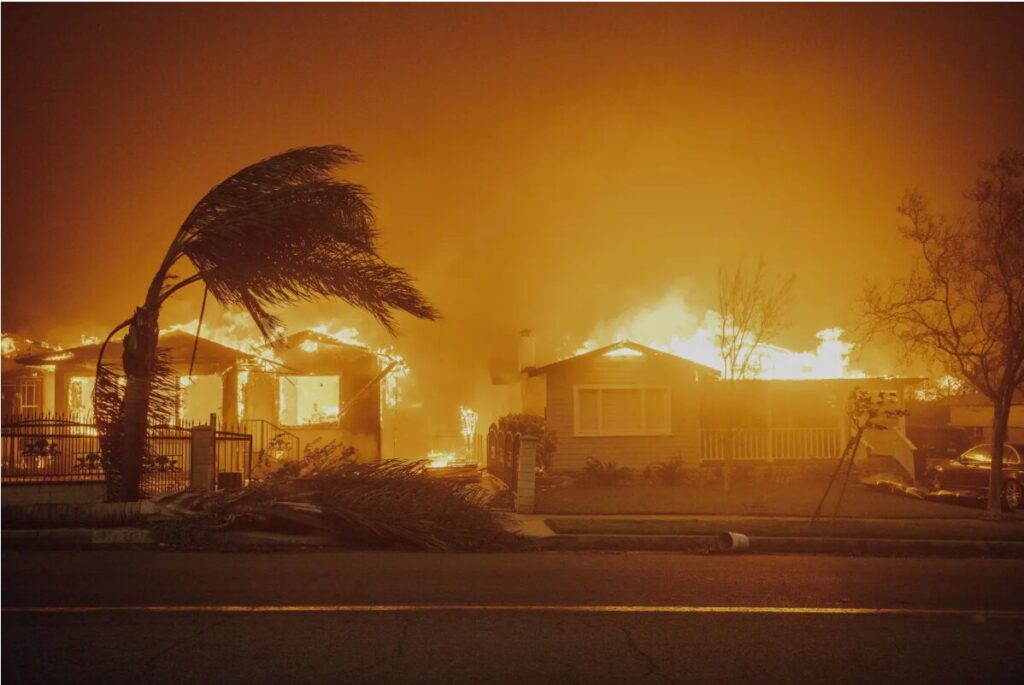
What do you take? Where do you go? What do, you DO?
My grandfather always taught my mom to keep a lockbox. A small handheld box that gives the travel likeness of a briefcase with the sturdiness of a safe. It’s the best way to keep valuables and important paperwork organized but also available to grab at a moment’s notice. If you can’t afford a lockbox or can’t find the right one for you, keep your essentials in ONE place. I know it sounds easy to keep them spread out in the “junk drawer” or the nightstand, but that’s not really suitable in an emergency. No one wants to be running around having a scavenger hunt in the middle of a life-or-death situation.
It’s also a good time to pick a top five. You know those hypothetical questions people would ask like “If you were stranded on an island and could only have five things with you, what would they be?” Well, those questions aren’t that hypothetical anymore. We have to be honest; you can’t take EVERYTHING. But you CAN do everything in your power to minimize as much potential regret in the future.
Pack for the irreplaceable, but also pack for the practical. I can’t stress how important it is to make sure you have more than one pair of clean underwear because it can go from sleepover to Salvation Army real quick. We are past the days of taking tomorrow for granted.
If you don’t already have a bag packed, it’s ok. Just make sure you know what’s going in that bag and where to find them when it’s time to “Get your shit, get your SHIT, and GET OUT!” like Bernadine said in Waiting to Exhale. That goes for you, your kids, and your pets.
I want to also re-emphasize that evacuation in itself is a privilege. There are many who lack transportation resources and simply can’t afford to leave, not even to mention the physically disabled who literally can’t get out. Consider volunteering yourself as an emergency contact for an elderly neighbor or someone who could use a little help packing or maybe a ride to the nearest shelter. The most important thing is to have a plan, for the unplanned.
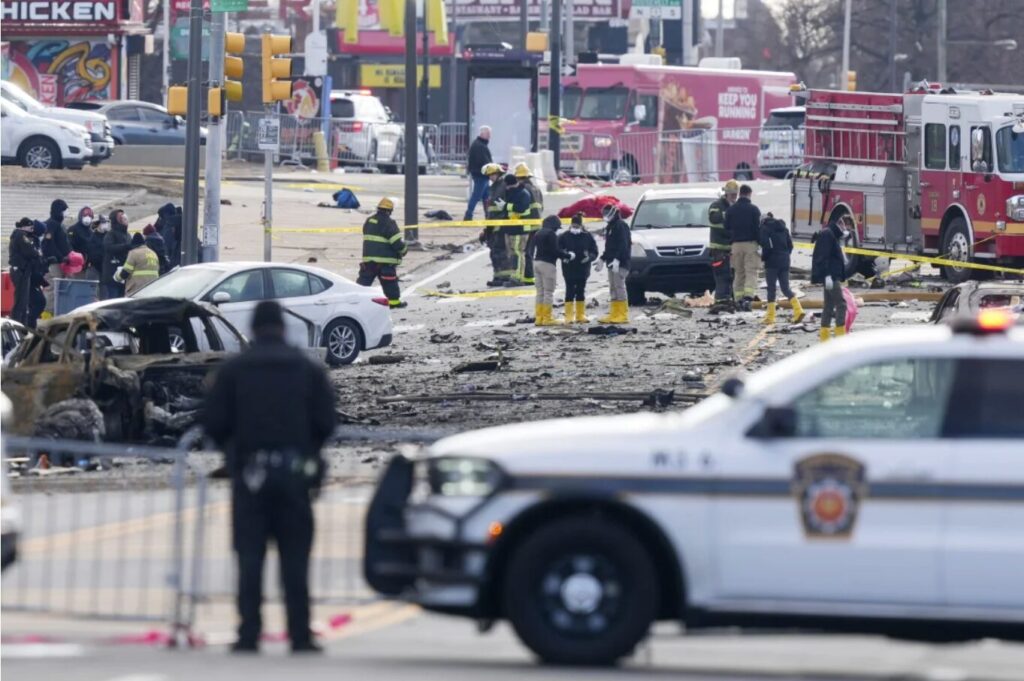
If you have been geographically unaffected by any of the recent tragedies and are looking for a way to help from afar, the best advice I can give you is to be intentional and specific. I’m not going to say any names (cough, cough..), but as someone who has been on both the giving and receiving end of major, big-brand non-profit agencies, I can personally tell you that the bigger the organization, the more likely it is for funds and resources to be mismanaged. If you don’t know anyone who lives in the area who can direct you to any local charities, make sure you do guided research for those organizations that work directly with specific communities and do the actual on-the-ground work. I’m also not against donating straight to any personal crowdfunding efforts such as GoFundMe, etc., as long as you do the work to be diligent and aware of possible fraud, but sometimes, those can be the most timely routes to get the necessary emergency funds in the hands of those who need it.
One of the things I love most about being born and raised in the city of New Orleans is that it’s not just a city that you live in, it’s a city that lives in you. It’s a place rooted in revelry and rebirth. But it’s also a city that can sometimes be tied down by ropes of resilience that we never asked for.
It’s been less than two weeks, and we’ve already moved on from talking about the devastation caused by the Altadena wildfires. Grief isn’t glamorous, and when the cameras are gone, these entire communities are still trying to pick the pieces of their life up from the ashes. It’s not just about whether or not they rebuild their homes, it’s how do they rebuild their lives as the world keeps spinning.
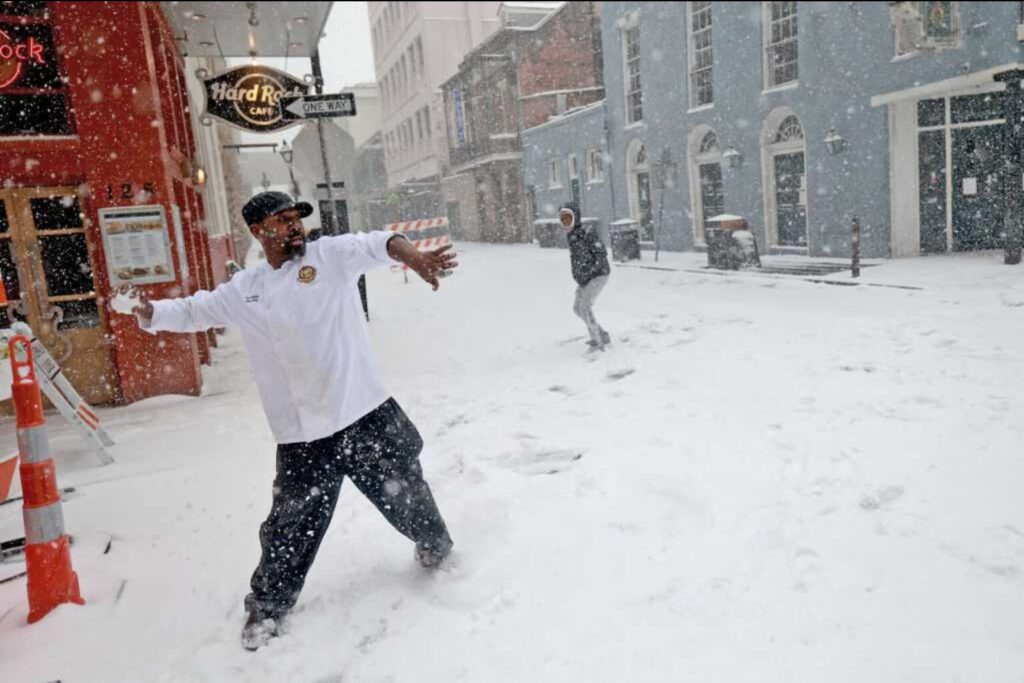
We can’t prevent tragedy, but we can prepare for it. And through the power of community and empathy, we can help each other navigate those inevitable emergencies more effectively, and efficiently.


